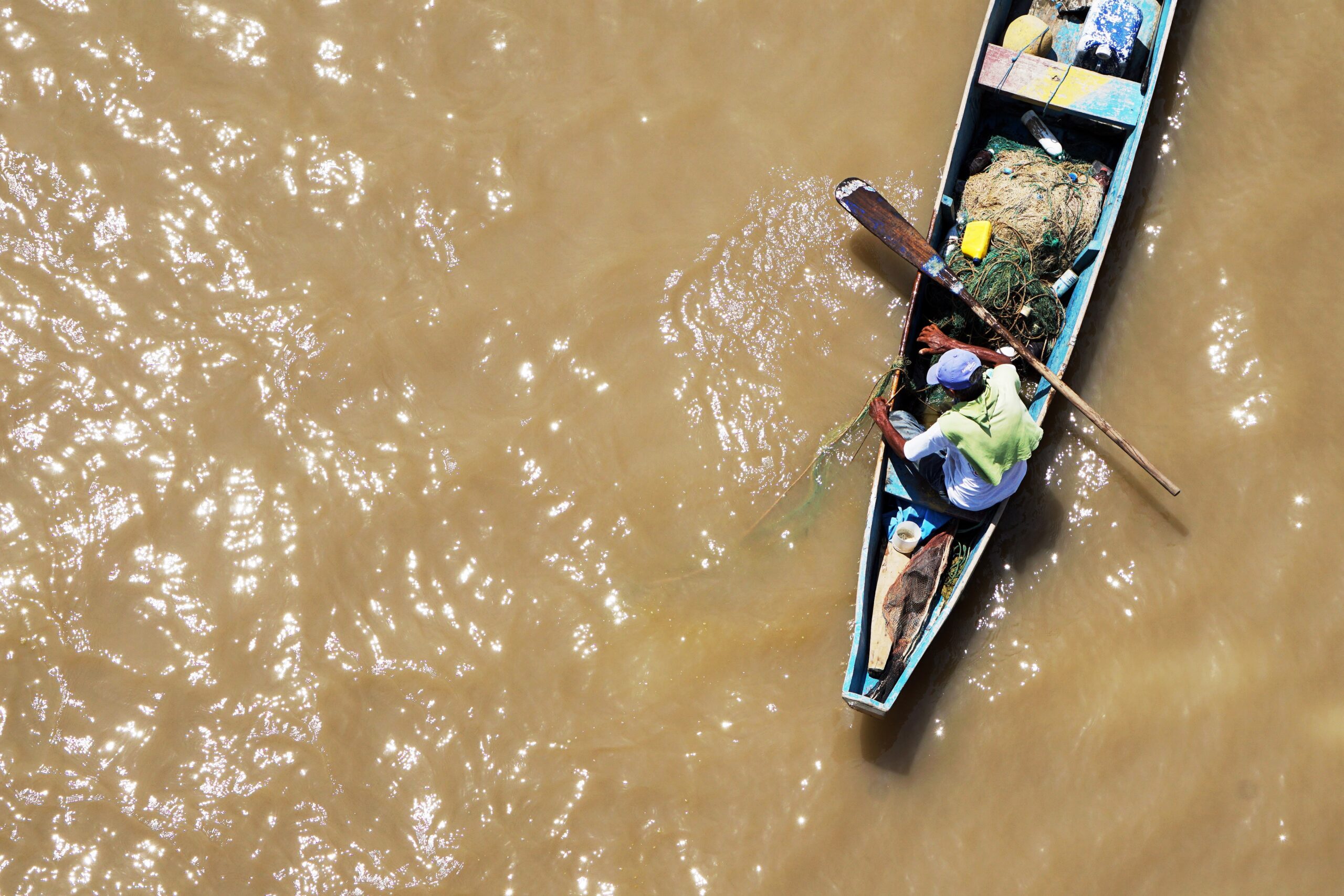Rain and health concerns in N’Djamena, Chad

Flooding in N’Djamena is a yearly problem that causes many health and safety issues.
Flood waters help multiply mosquitoes and other small pests. Mosquitoes need as few as 3 days to hatch from standing water. Houseflies and other bugs enjoy the humid, rotting environment for food. Many small pests carry diseases, either bloodborne (like malaria), or through food and surface contact contamination (like typhoid).
Lack of sanitation and undrained rainwater can carry infectious materials into homes and on food sources. For this reason, residents of N’Djamena should be cautious to clean and cook food carefully. Open skin should be well washed with soap and fresh water after contact with soiled water. Residents of N’Djamena ought to be careful of contact of floodwaters with mucous membranes of the nose and mouth.
Flooding causes the collapse of several houses each rainy season in N’Djamena. These collapses injure or kill those inside.
Frogs, locusts, flies, and termites come in August through November. This makes rainy season in N’Djamena seem to cause plagues similar to the ones released on Egypt. While these problems last, Chadians must be careful to avoid infections and pray for conditions to improve.



